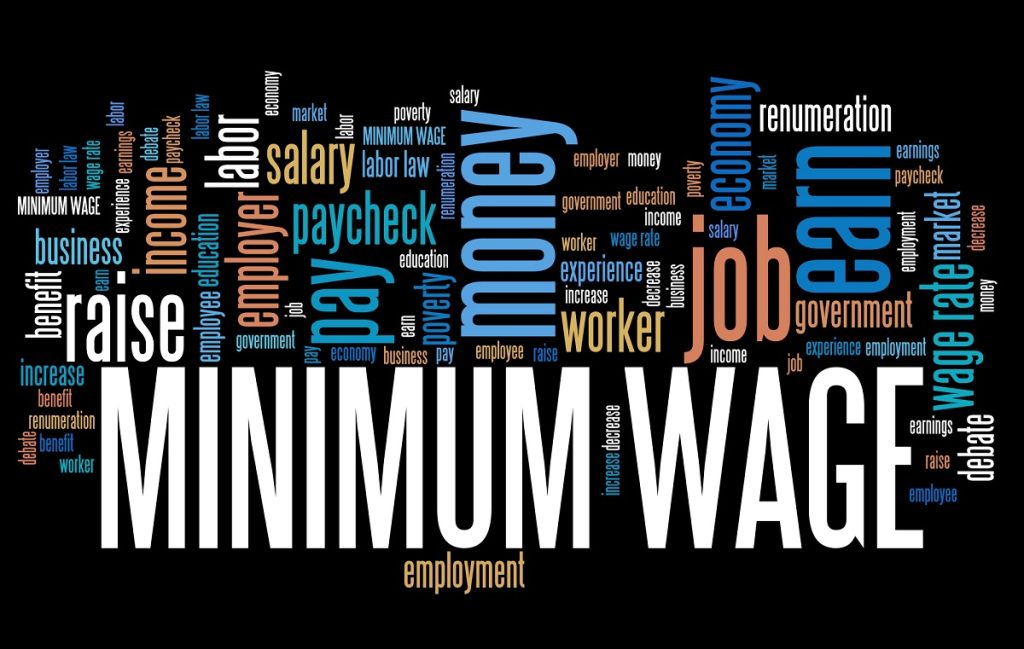The Niger State government has approved a new minimum wage of ₦80,000 for civil servants, which will take effect in November 2024.
Governor Umaru Bago assured workers that the state’s investment in agricultural development would help sustain the new minimum wage. He expressed optimism that the government could increase the minimum wage in the future by enhancing agricultural productivity.
The state governor announced this after extensive discussions between the state government and the leadership of the state’s Labour Union.
“This is very sustainable. ₦80,000 is sustainable,” Bago emphasised. “With our agricultural strides, we are sure we can pay. We are creating a civil service farm to encourage productivity among civil servants. With this initiative, we could even consider a minimum wage of ₦1 million.”

The new wage increase will be applicable to civil servants at both state and local government levels. He confirmed that the salaries for October have been disbursed, indicating that the newly increased minimum wage will take effect in November.
Idris Lafene, the Niger State chairman of the Nigeria Labour Congress (NLC), praised the decision, expressing his approval.
“I am delighted. Niger State is now among the leading states in implementing an improved minimum wage,” Lafene said, adding that the ₦80,000 increase exceeded the union’s expectations.
Although the new minimum wage is a step in the right direction, Lafene recognised it is still insufficient to cover current living costs.
“₦80,000 is not enough to buy a bag of rice in the market, but it is a step forward,” he stated.
Several northern states have also raised their minimum wage. On October 15, 2024, Governor Muhammad Yahaya of Gombe State enacted a new minimum wage of ₦71,500. Kogi’s Governor, Usman Ododo, established a ₦72,500 minimum wage for civil servants in the state, effective immediately. Additionally, on October 23, 2024, Kebbi’s Governor, Nasir Idris, set ₦75,000 as the new minimum wage for state civil servants.


